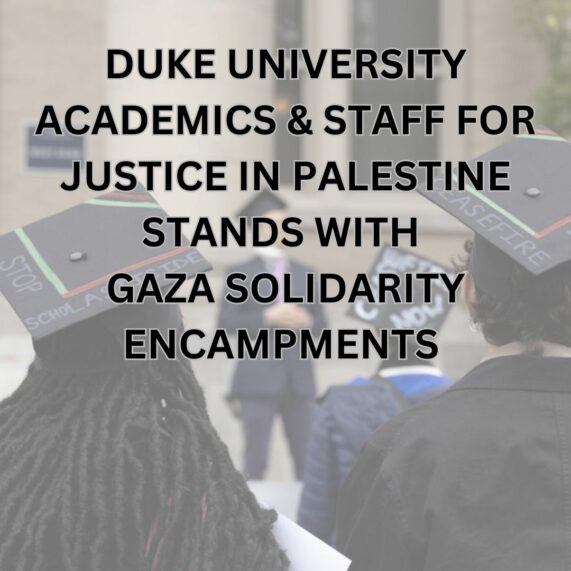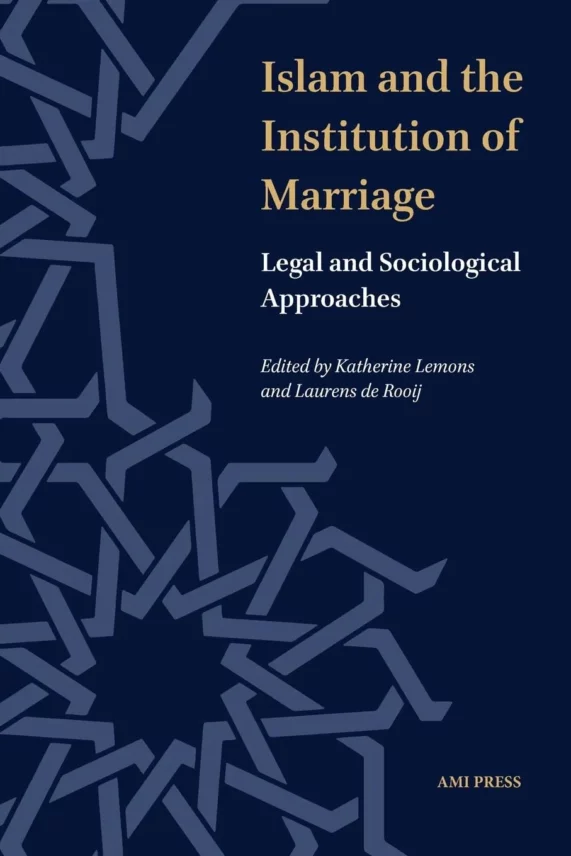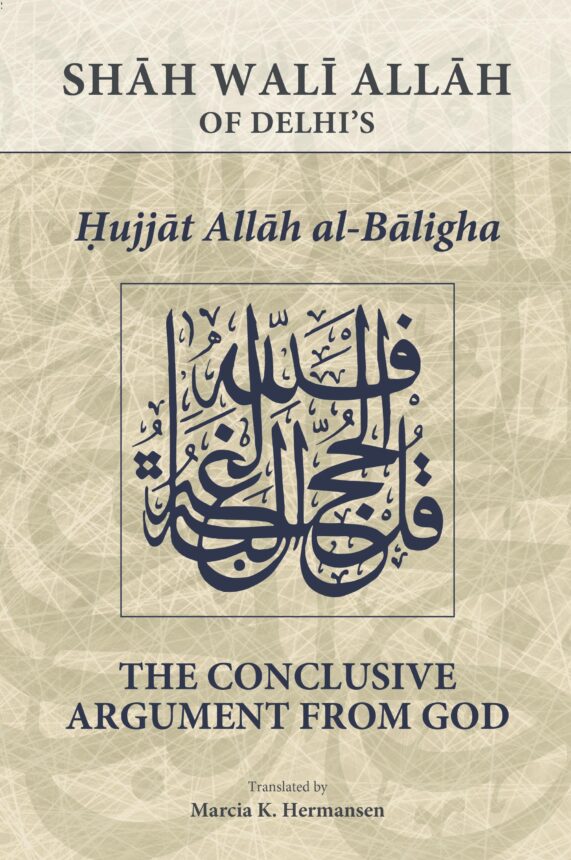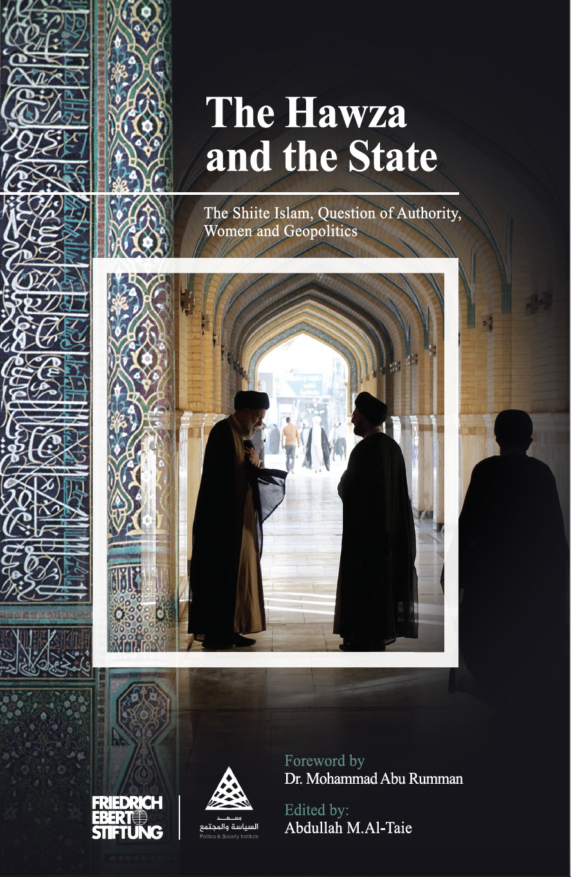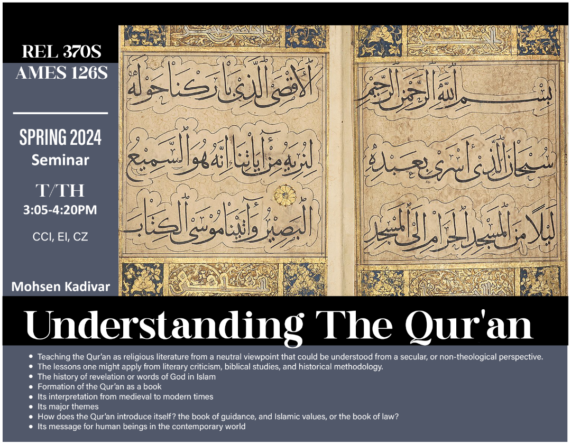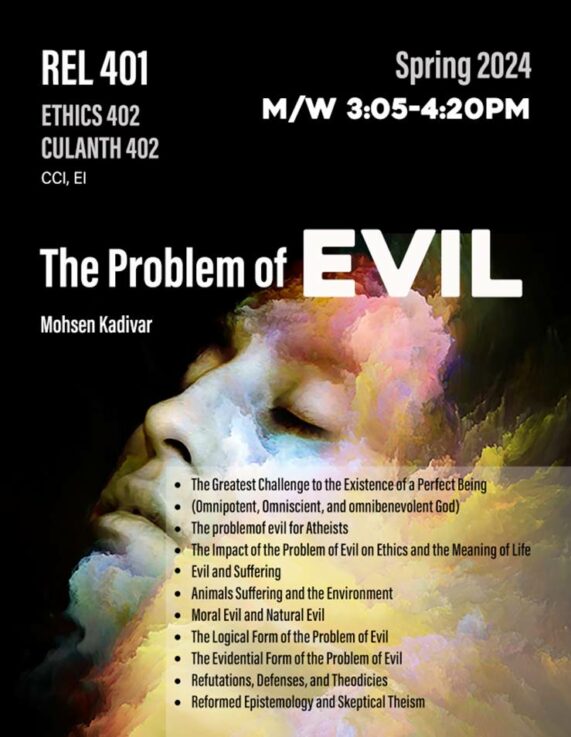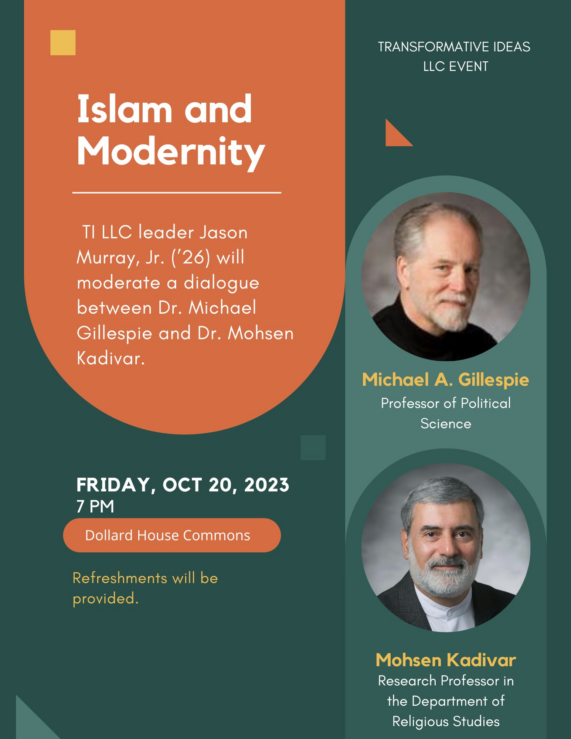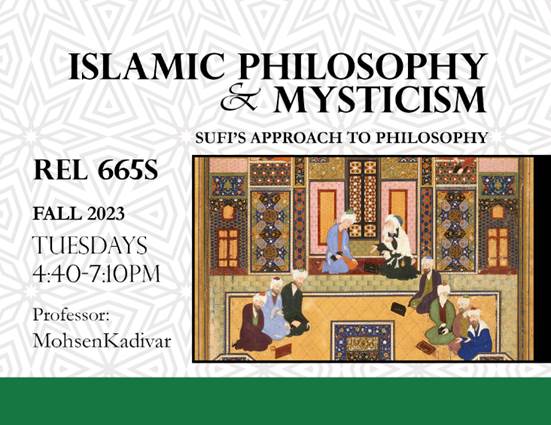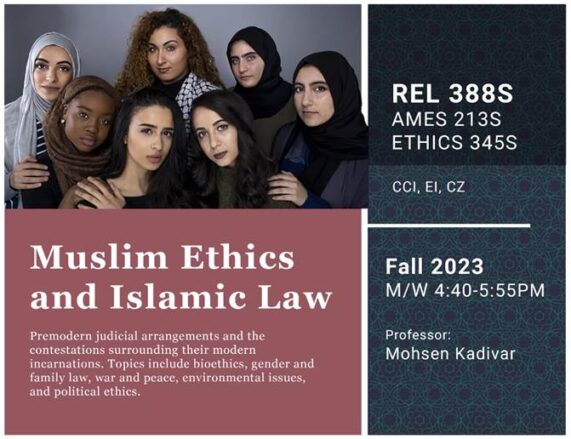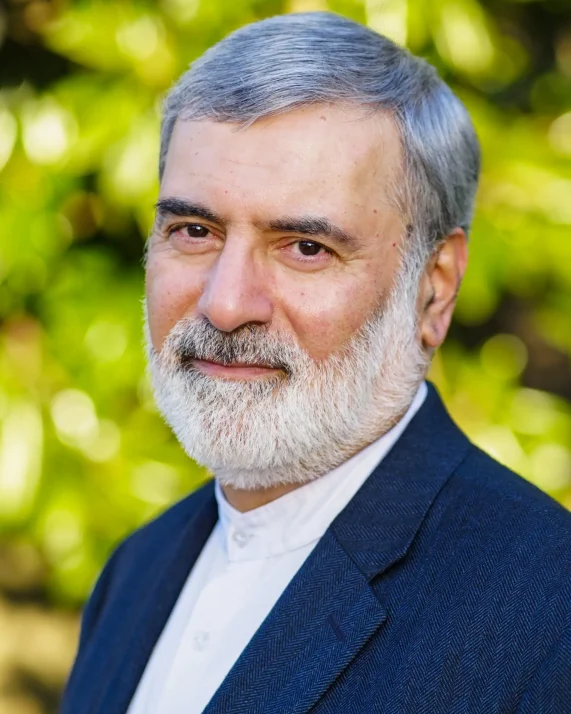We insist that universities and colleges allow all community members including students to freely express their ideas and opinions rather than actively repress them; demilitarize our campuses and refrain from militarizing and policing them further; outline a policy for the future protection of speech, including and especially dissent; take seriously campus demands that universities and colleges divest from companies supporting the military-industrial complex and Israeli state violence, genocide, apartheid, and occupation; and
take seriously campus demands that universities and colleges boycott Israeli institutions through the BDS campaign.



